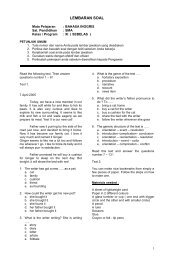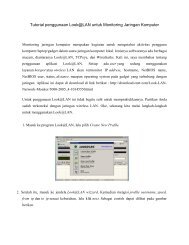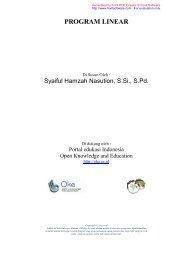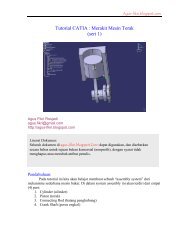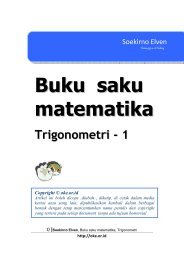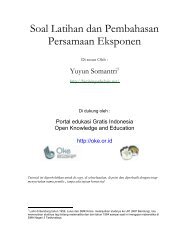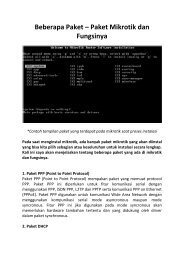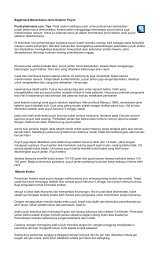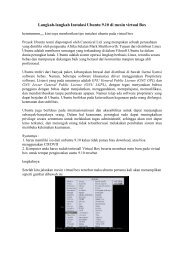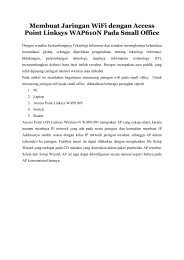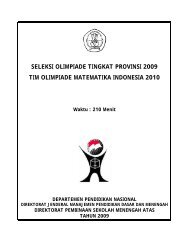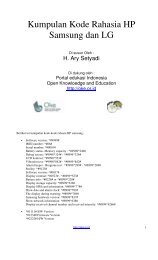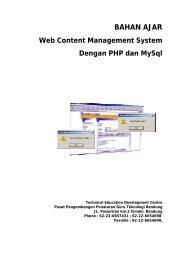british mathematical olympiad british mathematical olympiad
british mathematical olympiad british mathematical olympiad
british mathematical olympiad british mathematical olympiad
You also want an ePaper? Increase the reach of your titles
YUMPU automatically turns print PDFs into web optimized ePapers that Google loves.
BRITISH MATHEMATICAL OLYMPIADRound 2 : Thursday, 27 February 1997Time allowed Three and a half hours.Each question is worth 10 marks.Instructions • Full written solutions - not just answers - arerequired, with complete proofs of any assertionsyou may make. Marks awarded will depend on theclarity of your <strong>mathematical</strong> presentation. Workin rough first, and then draft your final versioncarefully before writing up your best attempt.Rough work should be handed in, but should beclearly marked.• One or two complete solutions will gain far morecredit than partial attempts at all four problems.• The use of rulers and compasses is allowed, butcalculators and protractors are forbidden.• Staple all the pages neatly together in the top lefthand corner, with questions 1,2,3,4 in order, andthe cover sheet at the front.BRITISH MATHEMATICAL OLYMPIAD1. Let M and N be two 9-digit positive integers with theproperty that if any one digit of M is replaced by the digitof N in the corresponding place (e.g., the ‘tens’ digit of Mreplaced by the ‘tens’ digit of N) then the resulting integer isa multiple of 7.Prove that any number obtained by replacing a digit of N bythe corresponding digit of M is also a multiple of 7.Find an integer d > 9 such that the above result concerningdivisibility by 7 remains true when M and N are two d-digitpositive integers.2. In the acute-angled triangle ABC, CF is an altitude, with Fon AB, and BM is a median, with M on CA. Given thatBM = CF and ̸ MBC = ̸ FCA, prove that the triangleABC is equilateral.In early March, twenty students will be invitedto attend the training session to be held atTrinity College, Cambridge (10-13 April). Onthe final morning of the training session, studentssit a paper with just 3 Olympiad-style problems.The UK Team - six members plus one reserve- for this summer’s International MathematicalOlympiad (to be held in Mar del Plata, Argentina,21-31 July) will be chosen immediately thereafter.Those selected will be expected to participatein further correspondence work between Apriland July, and to attend a short residentialsession in late June or early July before leavingfor Argentina.Do not turn over until told to do so.3. Find the number of polynomials of degree 5 with distinctcoefficients from the set {1,2,3,4,5,6,7,8} that are divisibleby x 2 − x + 1.4. The set S = {1/r : r = 1,2,3,...} of reciprocals of thepositive integers contains arithmetic progressions of variouslengths. For instance, 1/20,1/8,1/5 is such a progression,of length 3 (and common difference 3/40). Moreover, thisis a maximal progression in S of length 3 since it cannot beextended to the left or right within S (−1/40 and 11/40 notbeing members of S).(i) Find a maximal progression in S of length 1996.(ii) Is there a maximal progression in S of length 1997?



